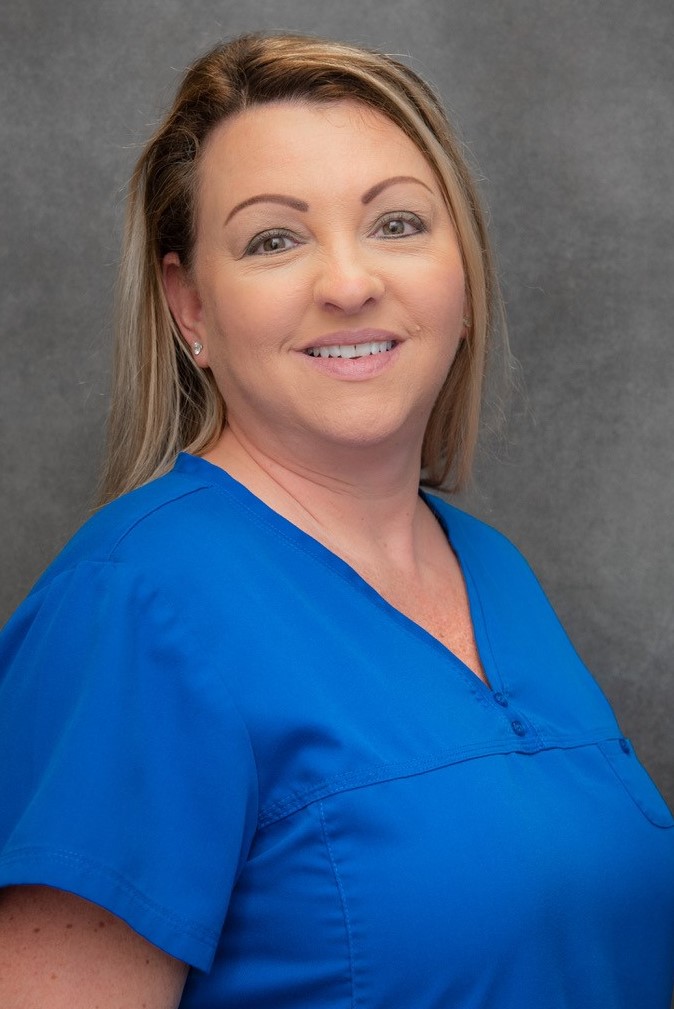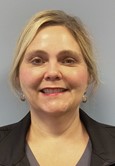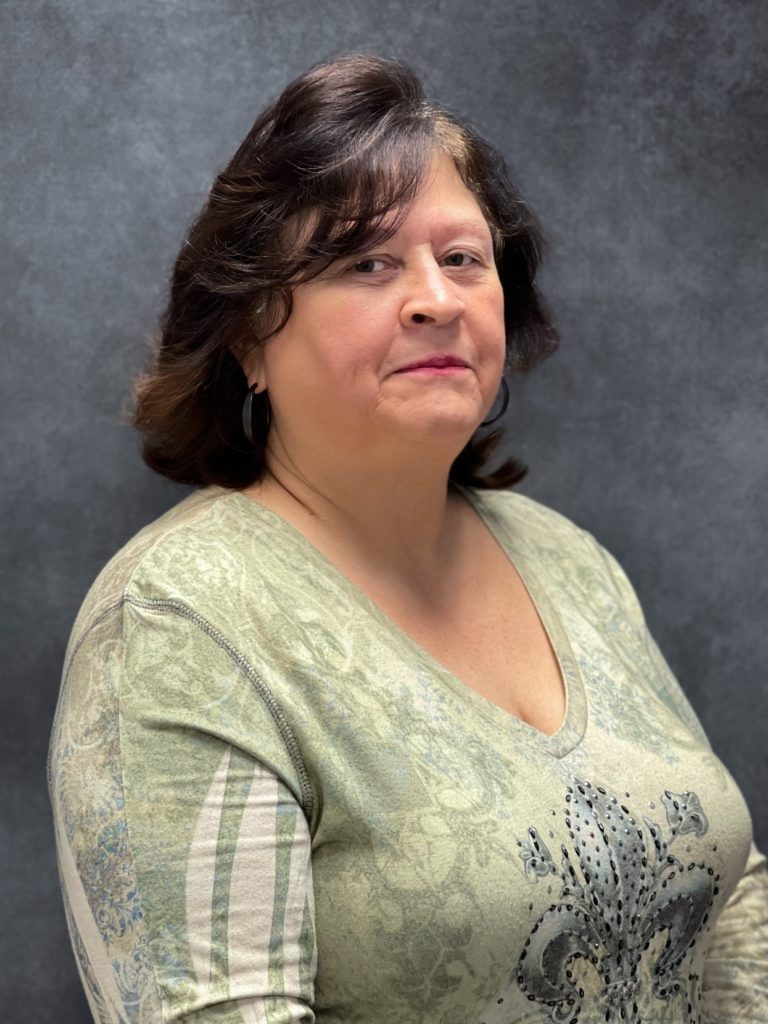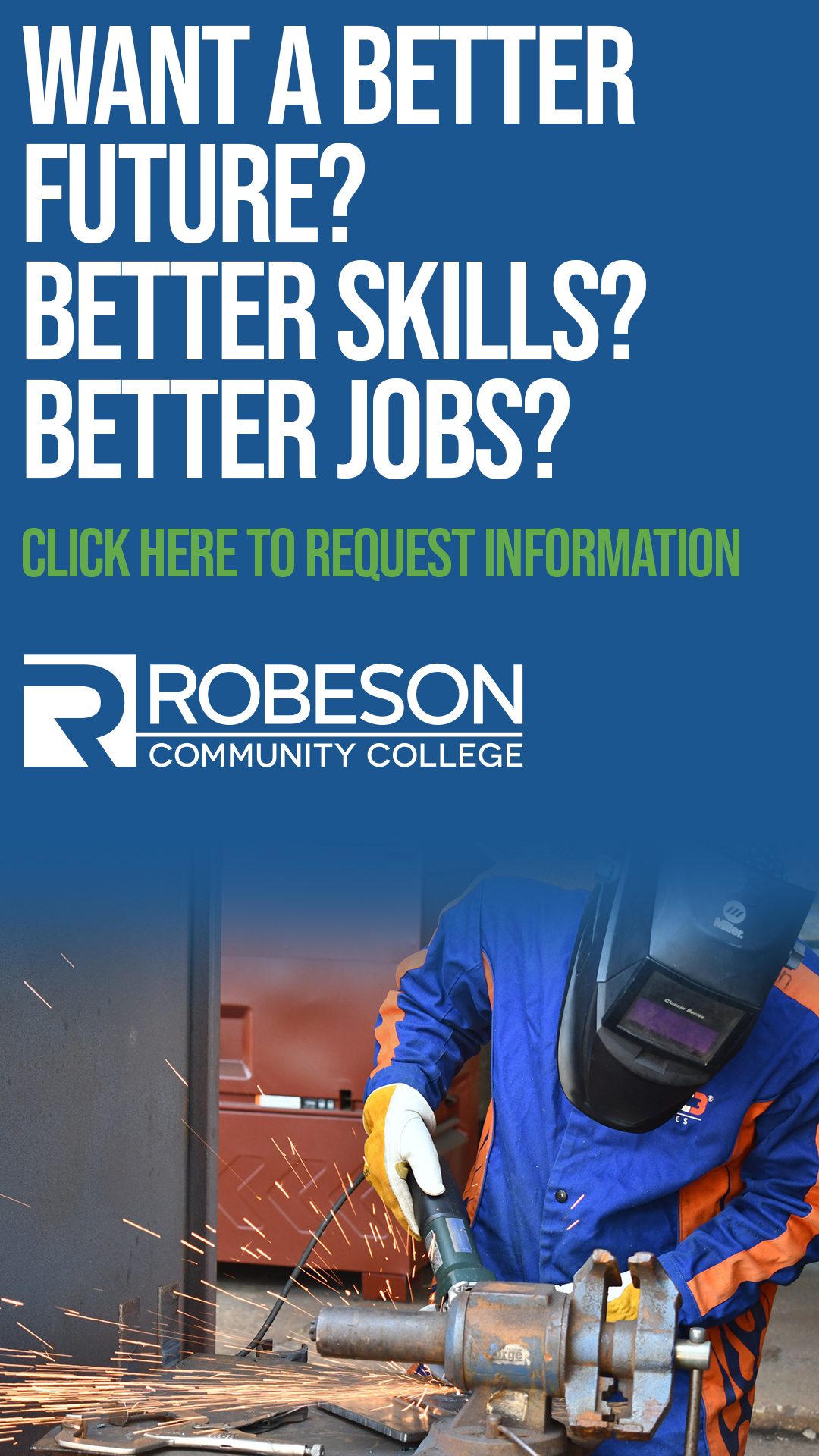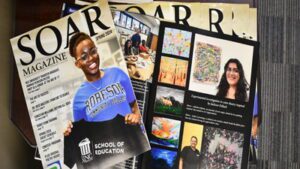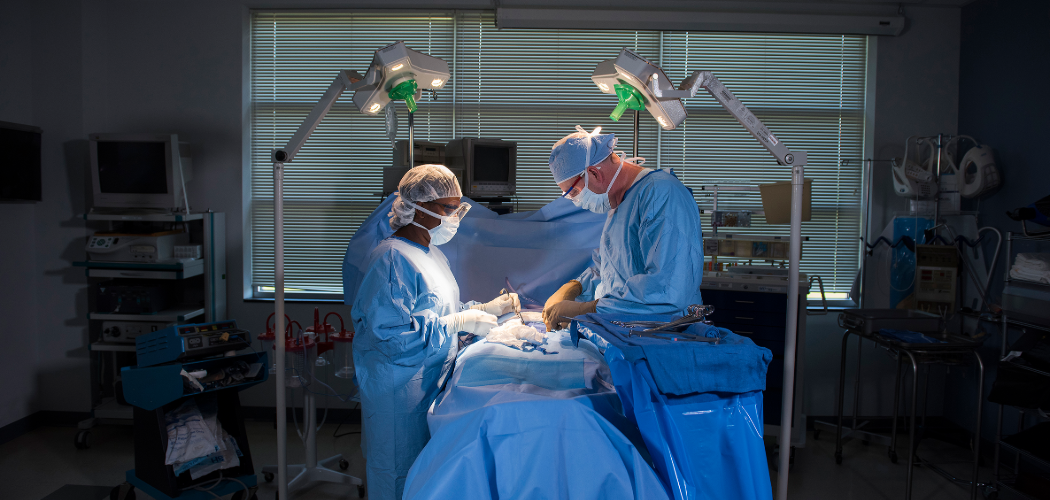
Surgical Technology
The Surgical Technology curriculum prepares individuals to assist in the care of the surgical patient in the operating room and to function as a member of the surgical team. Students will apply theoretical knowledge to the care of patients undergoing surgery and develop skills necessary to prepare supplies, equipment, and instruments; maintain aseptic conditions; prepare patients for surgery and assist surgeons during operations.
- Overview
- Programs of Study
- Faculty & Staff
- INFORMATION SESSIONS
- Career Outlook
-
Career Information
Graduates of this program are required to take the national certification exam administered by the National Board of Certification in Surgical Technology and Surgical Assisting (NBSTSA) within a four-week period prior to or after graduation.
Salary
Entry Hourly Wage: $19.54 (Information Source: US Bureau of Labor Statistics)
- Admission
-
The Surgical Technology Program adheres to the general admission requirements as set forth by Robeson Community College (See RCC Catalog and Student Handbook) and specific selection requirements. Surgical Technology Program admission applications must be submitted in accordance with the Admission Checklist Date, in order to be considered for admission the next academic year. Applicants completing all requirements for the Surgical Technology Program after the application deadline may resubmit their applications/packet for admission following the subsequent year. Students will be responsible for being in compliance with any changes that occur in the admissions process for the next enrollment cycle. Interested applicants should contact:
The Office of Admissions
Robeson Community College
PO Box 1420
Lumberton, NC 28359
(910) 272-3342 or AdmissionsSurgical Technology General Admission Requirements
- Admission to all RCC Health Science programs is a competitive process. Applicants are evaluated based upon the following factors: academic performance, references and academic degrees.
- Applicants must have a GPA of 2.8 or greater in the Surgical Technology general education courses by the published deadline date for submitting complete program checklists to the Admissions Office. Applicants not meeting the cumulative GPA requirements will not be reviewed by the program area for admission. For the Surgical Technology program, the GPA calculation will be based upon grades earned in the following courses: BIO 168, BIO 169, BIO 275, ENG 111, PSY 150, Humanities/Fine Arts Elective (HUM 115 or PHI 240).
Submit the “Completed” Surgical Technology Application and supporting documents to the RCC Admissions Office in Building 13 by the deadline.
- A point system is followed to evaluate health science program applications. Applicants earn points based upon academic performance, references and academic degrees. Point distribution is outlined on the program checklist.
- Complete the Health Science Admission Checklist packet by the specific deadline. Official Surgical Technology Admission Checklists may be obtained in Admissions.
- Students must be able to fulfill all essential functions as outlined in the health sciences admission policy.
- Provisionally accepted students must submit a criminal background check, drug screening and medical review/screen to include physical examination and immunizations. All fees associated with the criminal background check, drug screen and medical review will be the responsibility of the student.
- It is the student’s responsibility to review all program materials and to stay current with the program requirements, policies and procedures.
- Program Goals
-
- To prepare entry-level Surgical Technologists who are competent in the cognitive (knowledge), psychomotor (skills), and affective (behavior) learning domains to enter the profession.
- Apply knowledge of Anatomy and Physiology, Microbiology, Pharmacology, and Medical Terminology within the surgical environment.
- Facilitate the surgical process by selecting sterile supplies, anticipating the needs of the surgeon, and assisting with perioperative duties.
- Demonstrate professional responsibility in performance, attitude, and personal conduct
- Demonstrate proficiency in the skills and procedures required of a surgical technologist in a professional/clinical setting
- Program Outcomes
-
Upon program completion, the graduate will be able to:
- Correlate the knowledge of anatomy, physiology, pathophysiology, and microbiology to their role as a Surgical Technologist.
- Demonstrate a safe and professional level of practice and knowledge in their role as a Surgical Technologist.
- Acquire an understanding of the ethical, legal, moral, and medical values related to the patient and the surgical team during the perioperative experience.
- Correlate the elements, action, and use of medications and anesthetic agents used during the perioperative experience.
- Implement safe practice techniques in regards to perioperative routines, patient transportation, positioning, and emergency procedures.
- Integrate principles of surgical asepsis as part of the perioperative experience.
- Accurately apply knowledge and skills of a professional Surgical Technologist to address the biopsychosocial needs of the surgical patient.
- Perform proficiently and competently as an entry-level surgical technologist in the cognitive, psychomotor, and affective learning domains.
- Value the professional attributes of the Surgical Technologist.
RCC’s Surgical Technology Certification Pass Rates (NBSTSA)
2018 2019 2020 2021 2022 2023 100% 100% 45% 100% 88% 100% To prepare entry-level Surgical Technologists who are competent in the cognitive (knowledge), psychomotor (skills), and affective (behavior) learning domains to enter the profession.
- Clinical Performance Standards
-
CLINICAL PERFORMANCE STANDARDS
The Program Director and the Clinical Coordinator will evaluate a student’s progress during clinical rotation. The Program Director will keep the completed evaluation forms in a locked file in the Program office. The student is responsible for submitting clinical facility evaluation forms, Robeson Community College student self-evaluation forms, clinical journals, and daily clinical procedure documentation sheets to the Clinical Coordinator. These submissions are required to be turned in on the Tuesday of the clinical week. Clinical procedure documentation sheets not submitted to program personnel on time will not be counted and scrubbed cases for that week will not be counted toward the 120 minimum cases required for graduation.
Students must complete a minimum of 120 surgical cases to graduate from the program.
According to the core curriculum listed below, these cases will be in different categories.
7th EDITION CORE CURRICULUM
- 120 cases first scrubbed (assisted or solo)
- Minimum # of First Scrub cases required (80)
- Maximum # of Second Scrub Cases that can be applied towards 120 cases(40)
- The total number of cases the student MUST complete is 120.
- Students are required to complete a minimum of thirty (30) cases in General Surgery. A minimum of twenty (20) of the cases must be in the First Scrub Role.
- Students are required to complete a minimum of ninety (90) cases in various surgical specialties. Sixty (60) of the cases must be in the First Scrub Role and evenly distributed between a minimum of five (4) surgical specialties. At least 1O cases in the first scrub role must be performed to count as one of the four required specialties.
- The surgical technology program is required to verify through the surgical rotation documentation the students’ progression in First and Second Scrubbing surgical procedures of increased complexity as he/she moves toward entry-level graduate abilities.
- Diagnostic endoscopy cases and vaginal delivery cases are not mandatory. However, up to ten (10) diagnostic endoscopic and five (5) vaginal delivery cases can be counted toward maximum number of Second Scrub role cases.
- Observation cases must be documented, but do not count towards the 120 required cases.
- Counting Case
- Cases will be counted according to surgical specialty. Examples:
- Trauma pt. requires a splenectomy and repair of LeFort I fracture. Two cases can be counted and documented since the splenectomy is general surgery and repair of LeFort I is oral-maxillofacial surgical specialty.
- Patient requires a breast biopsy followed by a mastectomy. It is one pathology, breast cancer and the specialty is general surgery; therefore, it is counted as one procedure-one case.
- If a student does not meet the case requirements, they have not met the requirements of the program for graduation and have not met the requirements for critical skills proficiency.
FIRST AND SECOND SCRUB ROLE AND OBSERVATION DEFINITIONS
First Scrub Role
The student surgical technologist shall perform the following duties during any given surgical procedure with proficiency. The following list is provided to identify the items that must be completed in order to document a case in the first scrub role. A student not meeting the five criteria below cannot count the case in the first scrub role.
- Verify supplies and equipment need for the surgical procedure.
- Set up the sterile field with instruments, supplies, equipment, medications, and solutions needed for the procedure.
- Perform counts with the circulator prior to the procedure and before the incision is closed.
- Pass instruments and supplies to the sterile team members during the procedure.
- Maintain sterile technique as measured by recognized breaks in technique and demonstrate knowledge of how to correct with appropriate technique.
Second Scrub Role
The second scrub role is defined as the student who is at the sterile field who has not met all the criteria for the first scrub role, but actively participates in the surgical procedure in its entirety by completing any of the following:
- Sponging
- Suctioning
- Cutting suture
- Holding retractors
- Manipulating endoscopic camera
- Assisting with diagnostic endoscopy
- Assisting with vaginal delivery
Observation Role
The observation role is defined as the student who is in the operating room performing roles that do not meet the criteria for the first or second scrub role.
These observation cases are not to be included in the required case count but must be documented by the program.
Clinical rotation competencies and experiences are graded on the same grade point system as classroom work. A minimum grade of B (80) must be attained in each Surgical Technology course in order to advance to the following semester in the Surgical Technology Program
- Accreditation
-
The Robeson Community College Surgical Technology Program was accredited on May 18, 2007, with continued accreditation on May 20, 2011, by the Commission on Accreditation of Allied Health Education Programs (CAAHEP) and the Accreditation Review Council on Education in Surgical Technology and Surgical Assisting (ARC/STSA).
ARC/STSA
19751 E. Mainstreet, Suite #339
Parker, CO 80138
Phone: (303) 694-9262
email: info@arcstsa.orgCAAHEP
9355 113th St. N, #7709
Seminole, FL 33775
Phone (727) 210-2350
Email: mail@caahep.org
- SURGICAL TECHNOLOGY (AAS)
-
The Surgical Technology curriculum prepares individuals to assist in the care of the surgical patient in the operating room and to function as a member of the surgical team. Students will apply theoretical knowledge to the care of patients undergoing surgery and develop skills necessary to prepare supplies, equipment, and instruments; maintain aseptic conditions; prepare patients for surgery and assist surgeons during operations.
Find more information about the Loading….
The Surgical Technology Associate Degree is a 66-credit hour program. There is a basic core of 41 credit hours. The program also consists of 25 general education credit hours.
All Information Sessions will be held at 3 pm in building 17, room 1744B.
 FALL 2024 INFORMATION SESSIONS
FALL 2024 INFORMATION SESSIONS
- September 24, 2024
- October 22, 2024
- November 26, 2024
SPRING 2025 INFORMATION SESSIONS
- January 28, 2025
- February 25, 2025
- March 25, 2025
- April 29, 2025
- May 27, 2025
All program options will be covered during the one Information Session, so there’s no need to attend multiple days.

